PROTECT YOUR DNA WITH QUANTUM TECHNOLOGY
Orgo-Life the new way to the future Advertising by AdpathwayAnalysis of President Trump’s Diplomatic Visit to Japan
President Donald Trump’s diplomatic mission to Japan marks a crucial moment in U.S.–Japan relations under Prime Minister Sanae Takaichi. This visit is not just a formality; it’s a strategic maneuver to strengthen alliances and respond to rising global tensions. Takaichi, the first female prime minister and a conservative nationalist, represents continuity with the policies of her predecessor, Shinzo Abe, reinforcing a bilateral relationship vital to the Asia-Pacific region.
Trump’s arrival was met with significant enthusiasm, showcasing the importance of personal diplomacy in establishing strong ties with Takaichi. Upon landing in Tokyo, Trump expressed his eagerness to engage with the new leader, stating, “I hear phenomenal things.” This statement reflects optimism along with a keen interest in laying the groundwork for collaboration that aligns with both leaders’ visions for a resilient Japan–U.S. alliance.
The discussions scheduled for Tuesday are particularly timely, coinciding with ongoing trade negotiations with China, a matter that weighs heavily on both nations. Trump’s administration seeks to expand Japan’s defense budget and military capabilities, as emphasized by John Noh, the nominee for assistant secretary of Defense for Indo-Pacific security affairs, who stated, “Trump wants to see movement not just on the budget line—but in real capability.” This viewpoint underscores a clear expectation from the U.S. for Japan to enhance its defense posture amidst evolving regional threats.
Takaichi’s willingness to respond positively to these requests hints at her strategic approach to governance. Experts like Yuki Tatsumi suggest she aims to control the narrative, avoiding public confrontations regarding trade and defense with Trump. By proactively advancing her government’s defense capabilities, Takaichi builds credibility not only at home but also in her dealings with one of Japan’s most important allies.
This visit allows both leaders to address pressing economic matters. There is speculation about multi-billion dollar agreements that could solidify Japan’s investment in American infrastructure and agricultural markets. Kurt Tong, a former U.S. diplomat, noted a desire from the Takaichi government to showcase progress with tangible deliverables, indicating that both nations are keen on demonstrating effective cooperation in the global economic landscape.
The dialogue surrounding supply chain vulnerabilities also looms large. With ongoing concerns about Japan’s reliance on Chinese components, Trump is expected to push for collaborative efforts to secure critical materials and technologies. The focus on diversifying supply chains comes amid a growing realization that regional stability hinges on economic independence and technological collaboration, particularly in sectors like artificial intelligence.
Defense cooperation remains central to the discussions, with the U.S. maintaining a significant military presence in Japan. This strategic positioning is not just about deterrence; it exemplifies the commitment both nations share in confronting challenges such as tensions over Taiwan and the North Korean threat. As Takaichi begins her tenure, a strong partnership with the U.S. enhances her leadership credibility and aligns Japan’s defense strategies with broader U.S. objectives.
Trump’s approach to diplomacy emphasizes personal relationships, as seen with his connections to Abe and now Takaichi. The recognition of shared interests lays the foundation for fruitful discussions, highlighted by Trump’s lighthearted praise for Takaichi’s interest in purchasing American-made trucks. This aspect of diplomacy—mixing economic agreements with personal rapport—could be crucial in forging a strong, united front against regional adversities.
As Japan’s energy strategy evolves, an anticipated announcement regarding LNG investments speaks volumes about shared priorities. By significantly increasing imports from the U.S., Japan supports American energy producers and adjusts its energy supply strategies in light of global events, particularly Russia’s actions in Ukraine. This mutual benefit aligns both countries toward a more secure energy future.
In essence, the forthcoming 48 hours during Trump’s visit will set the tone for the future of the Japan–U.S. alliance. With both leaders navigating domestic and global challenges, the effectiveness of their partnership could become a determining factor in regional stability and economic resilience. As they work to finalize important agreements, the implications of their cooperation will resonate far beyond Tokyo.
"*" indicates required fields


 2 days ago
8
2 days ago
8

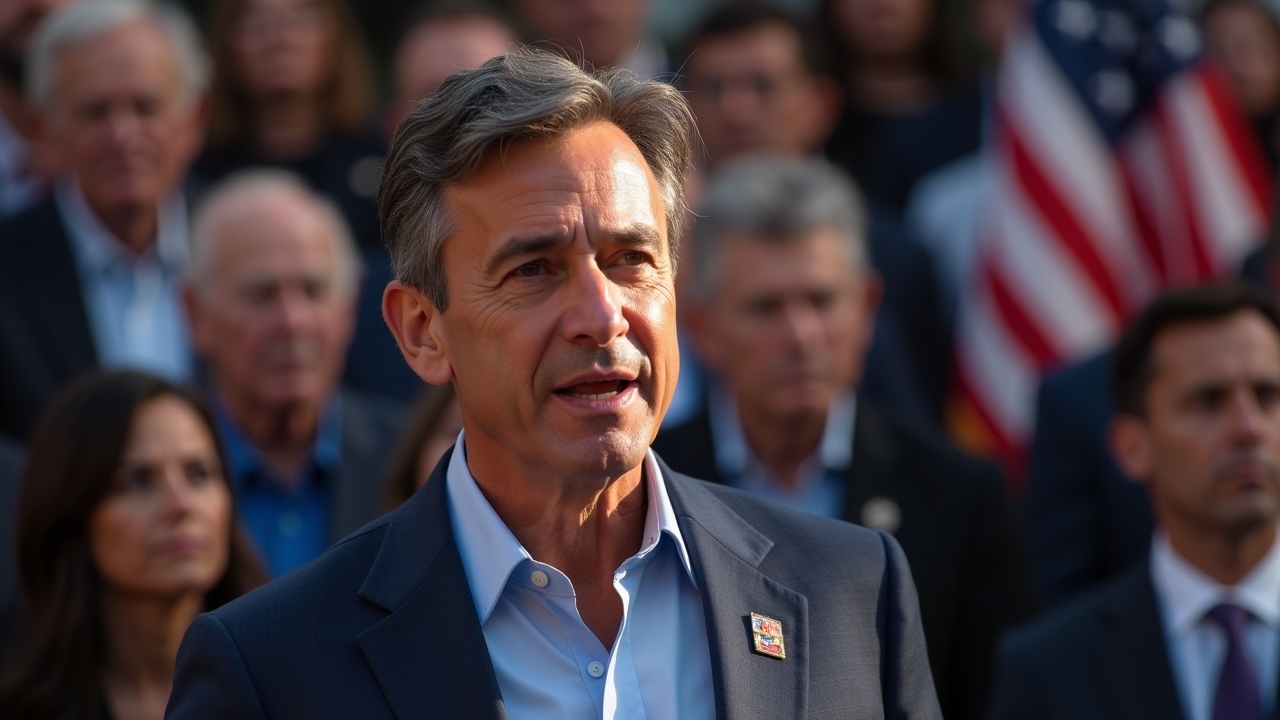
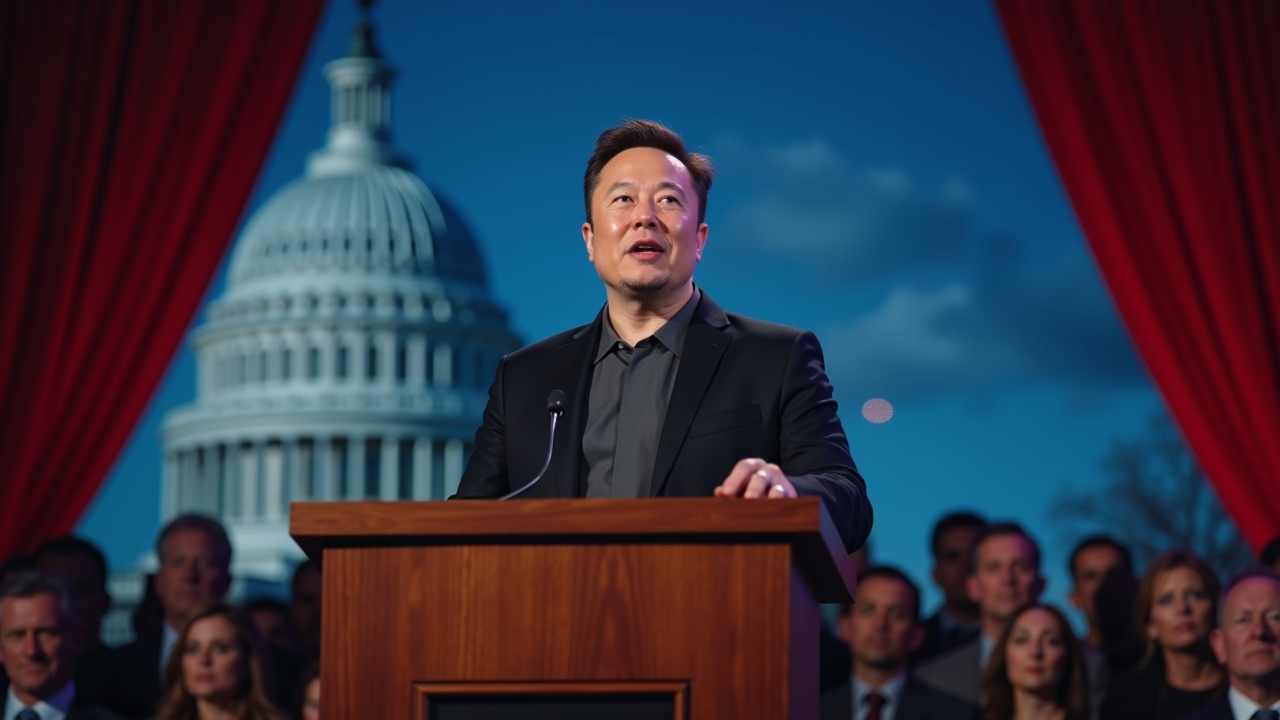
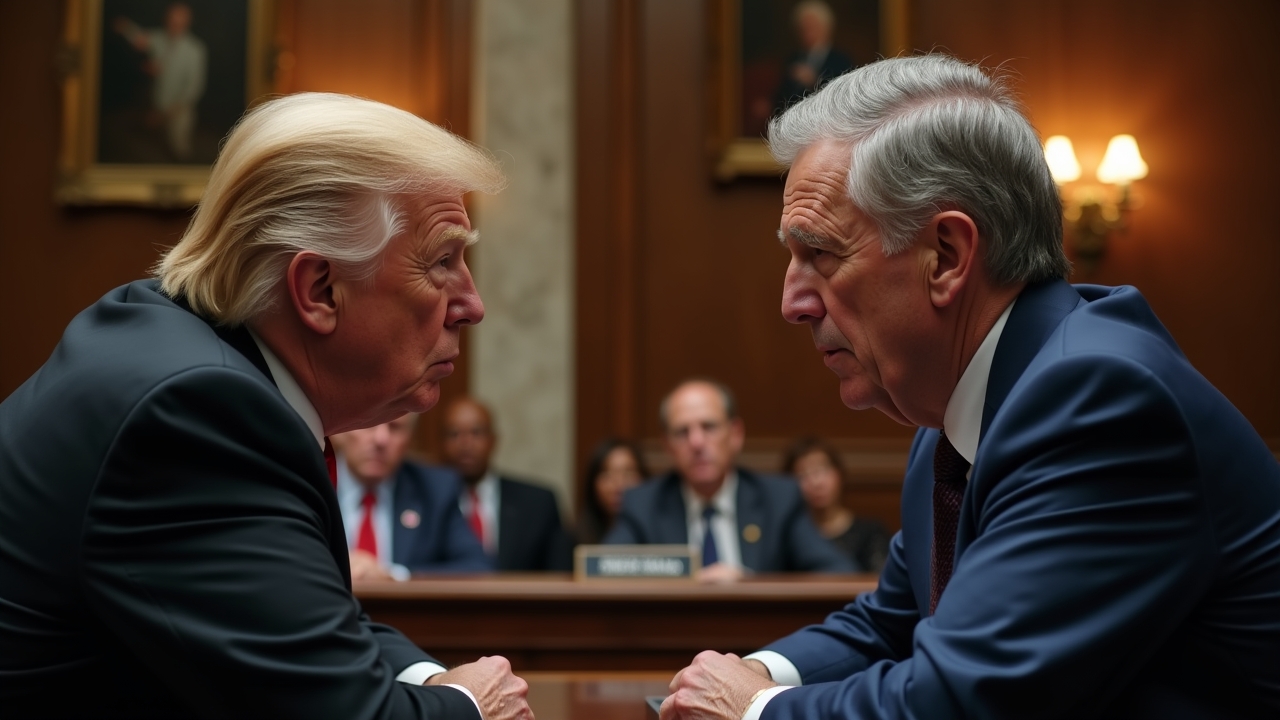
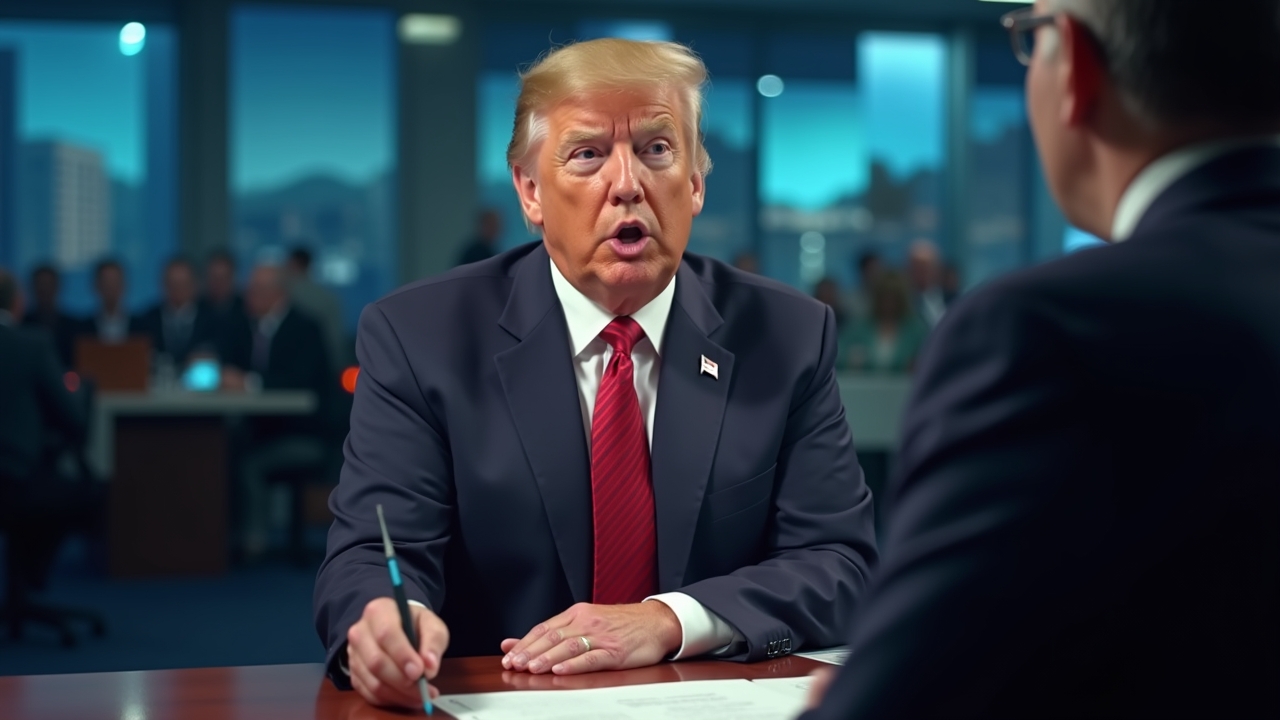
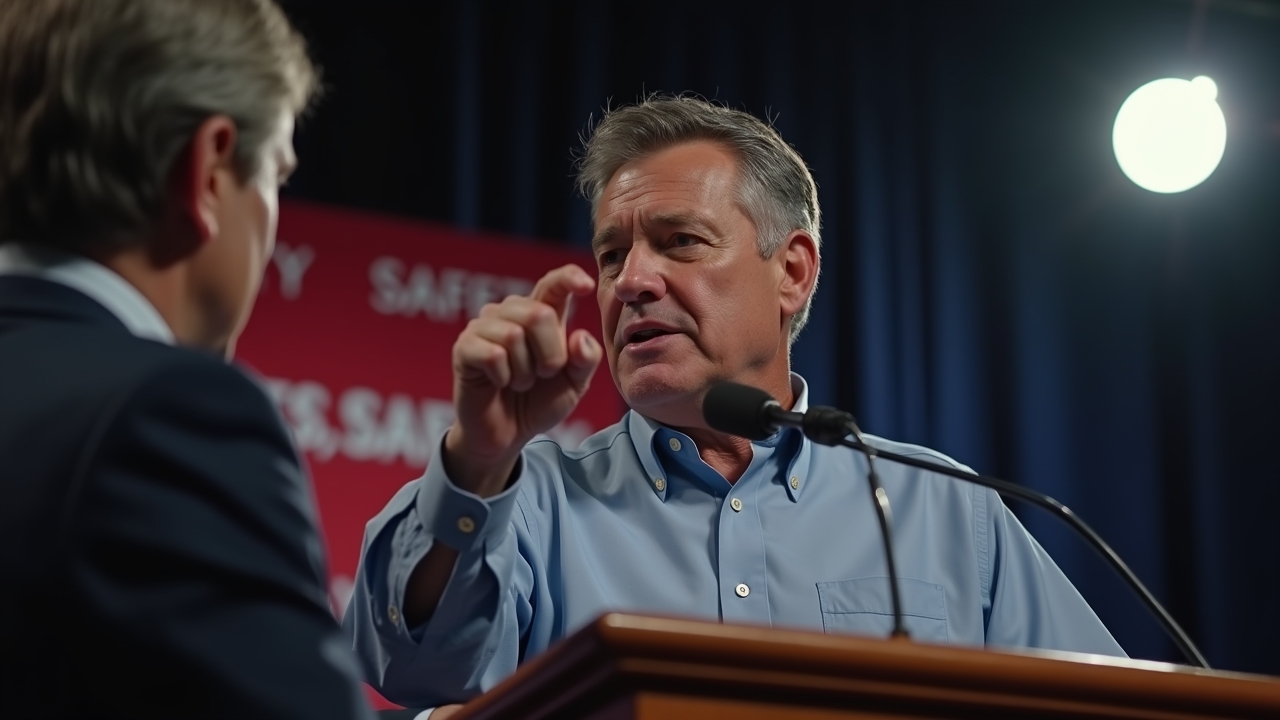

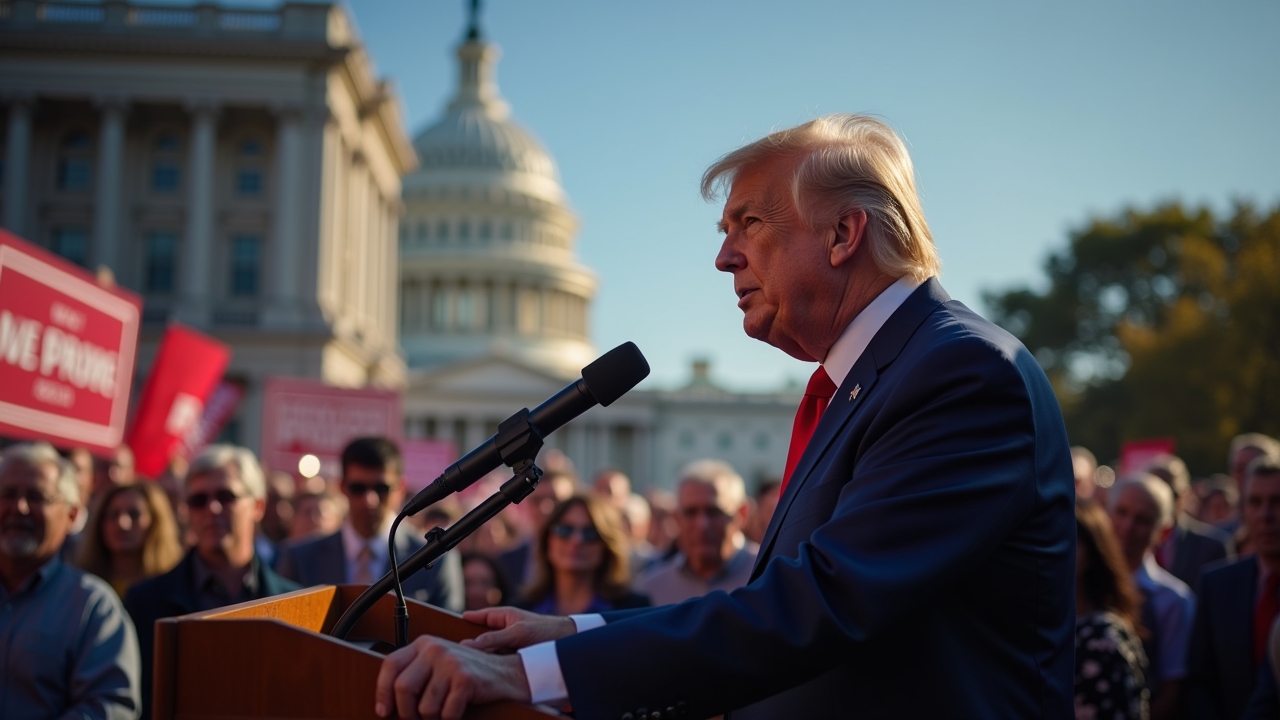










.jpg)






 English (US) ·
English (US) ·  French (CA) ·
French (CA) ·